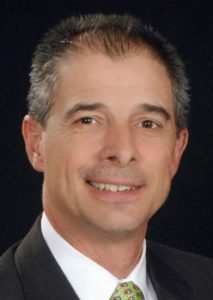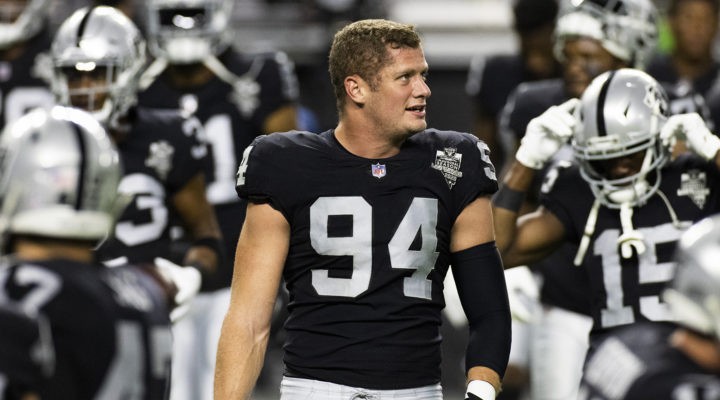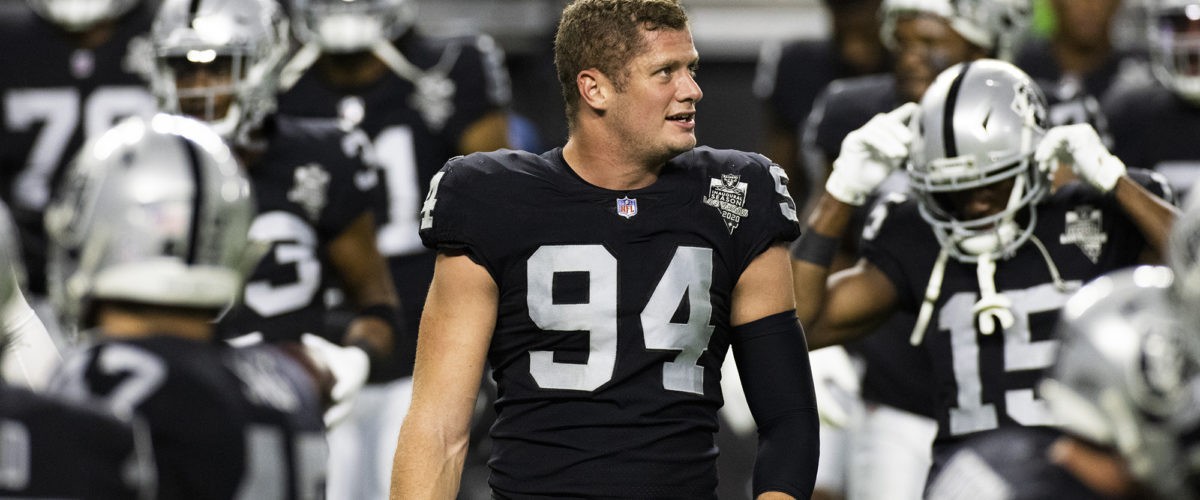The gospel calls for social justice, not just individual, personal salvation. Societal justice. Although it’s not the same thing, social justice is not unrelated to the call for “liberty and justice for all.”
It is too commonplace in our superficially Christianized culture, but it is difficult and can be dangerous, to contemporize Jesus, lifting him from his historical setting and importing and imposing his words and actions onto a completely different culture. It’s not difficult, however, to understand that his words, his actions, the offense that eventually cost his life, was the challenge he brought to the religious and political systems of his day.

Russ Dean
It was not an ideological spat with Pontius Pilate that was his demise, not a personal, theological disagreement with Caiaphas the high priest that brought the entire temple edifice to bear on a sentence of death. Jesus’ encounters, his confrontations captured in Gospel stories and parables, were with the powers that be. Jesus died because his message threatened the status quo of systems.
How do you change a society? You challenge the systems.
This week, a brief video posted to Instagram challenged a system. It may just change our society. Carl Nassib, a defensive lineman for the National Football League’s Las Vegas Raiders, said with a nonchalance that was casually threatening, “I just want to take a quick moment to say that I’m gay.”
How do you change a society? A 30-second video might just do it.
Parsing homosexuality and all the tangents related to the hotbed of our sexuality — sexual orientation, gender identity, gender expression — is one of the most divisive conversations of our age. It continues to divide the church between the so-called biblical “literalists” (there’s actually no such thing) and more progressive interpreters. It continues to separate congregations that preach “hate-the-sin-love-the-sinner” (there’s actually no such thing!) and welcoming and affirming communities.
The conversation also is a dividing line for the state, a bold demarcation between left and right, conservative and liberal, blue and red… right and wrong, righteous and ungodly. (You can see how quickly the conversation devolves from demarcation and discussion into full-blown demonization).
The conversation also has spared few families. “Coming out” stories, which will become increasingly common as the culture slowly learns to accept the reality of sexual diversity, too often cleave deep chasms within homes, between parents and children, brothers and sisters. And in a culture that is deeply divided, these experiences too often get wrapped in the narratives of church and state, in the language of those systems that are mostly designed to protect the systems.
“When the National Football League, which is an almost perfect symbol of all that’s right and all that’s wrong with our culture, begins to accept gay men, brawny and ballsy enough to be gay on the gridiron and in the locker room, the tide may have turned.”
But there are those moments, those personalities, those events that change cultures.
Carl Nassib represents what might be argued as the best and the worst of our culture: competition and camaraderie and cultural celebration and toxic machismo and commercialism and celebrated violence. This American hero, an icon of success in our version of the gladiatorial competition, just admitted, with little fanfare, that he identifies with what is often stereotyped as effeminate weakness and too-often denounced as godless perversion. Yet this professional football player, in all his confident gayness, simultaneously embodies the masculinity of the NFL, the rugged individualism of American achievement, even a view of religion that ties it all together.
When the National Football League, which is an almost perfect symbol of all that’s right and all that’s wrong with our culture, begins to accept gay men, brawny and ballsy enough to be gay on the gridiron and in the locker room, the tide may have turned.
The power of the gospel is that its challenge to the systems of the day offers a vision of social justice. Justice for an entire society. The specter of a professional athlete, so casually brushing aside a century of NFL taboo, may just be a hint that one part of that vision is coming into full view.
For Carl Nassib, and the rest of us, we can only hope that is the case.
Russ Dean serves as co-pastor of Park Road Baptist Church in Charlotte, N.C. He holds degrees from Furman University, Southern Baptist Theological Seminary and Beeson Divinity School. He and his wife, Amy, have been co-pastors of Park Road since 2000. They are parents of two sons. Russ is active in social justice ministries and interfaith dialogue. He is author of the new book Finding a New Way.
Related articles:
Raised a Baptist, Lance Bass feared who he was couldn’t be in sync with his faith
Couple helps parents of LGBTQ kids come out of the closet
My quest to find the word ‘homosexual’ in the Bible | Opinion by Ed Oxford


